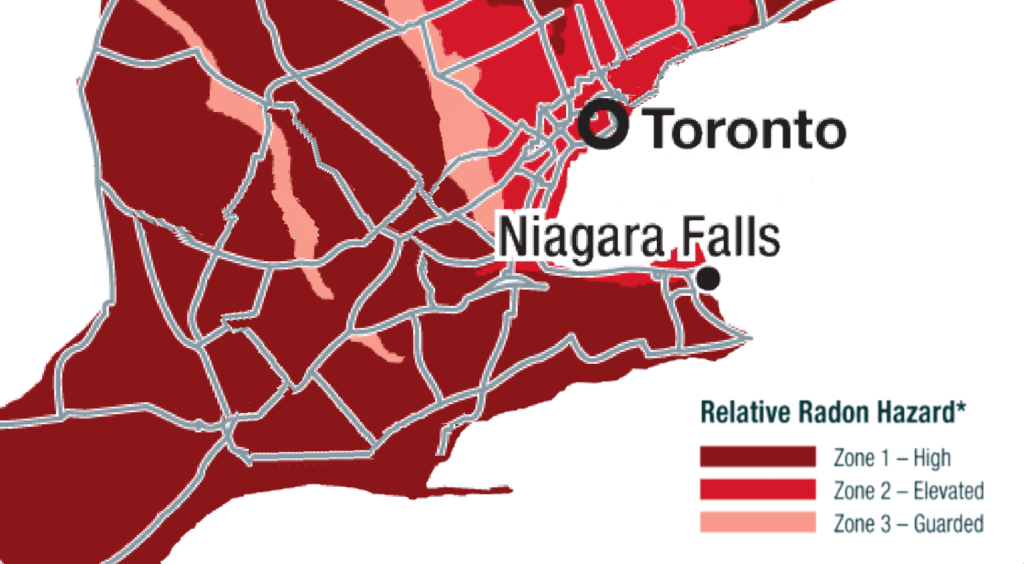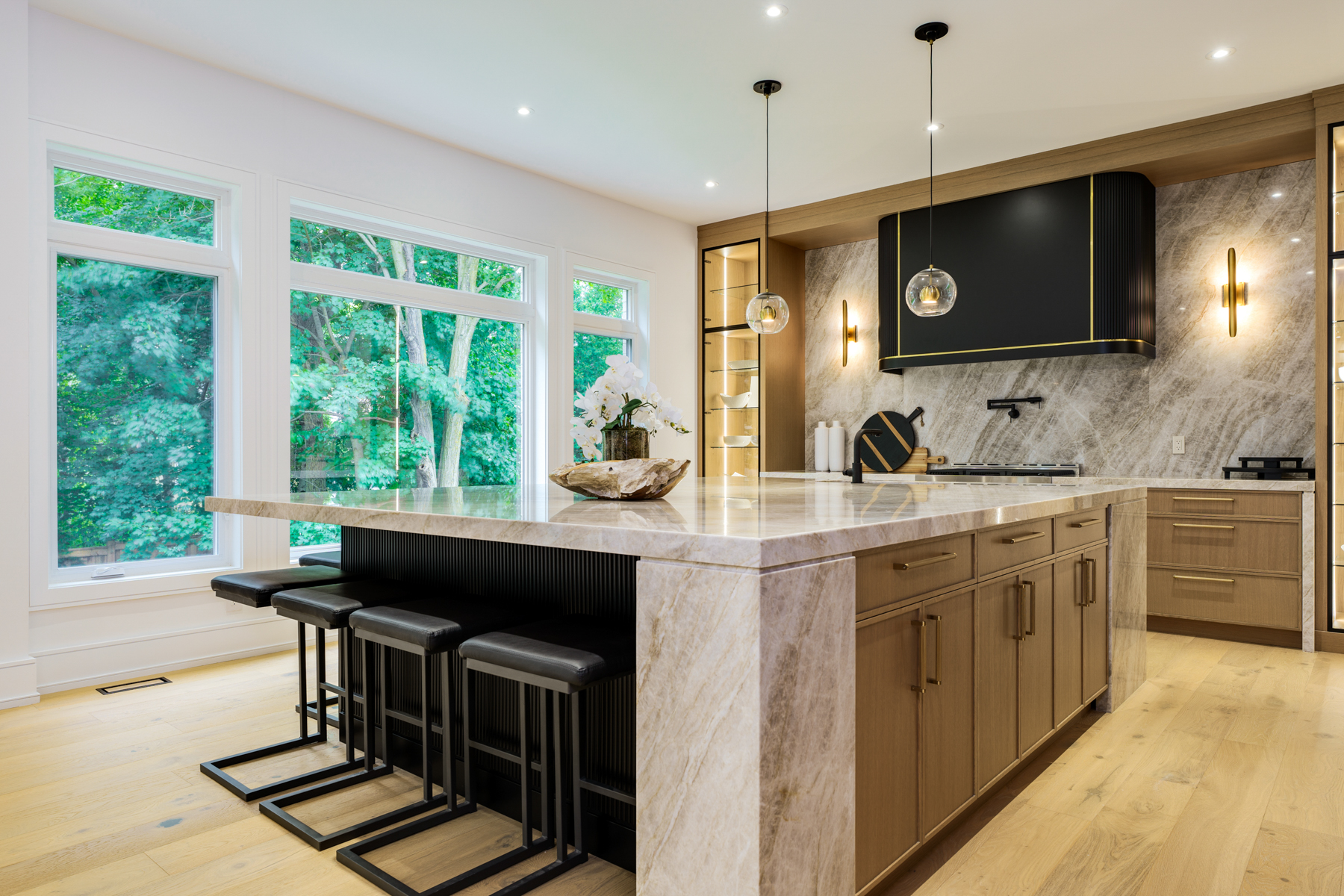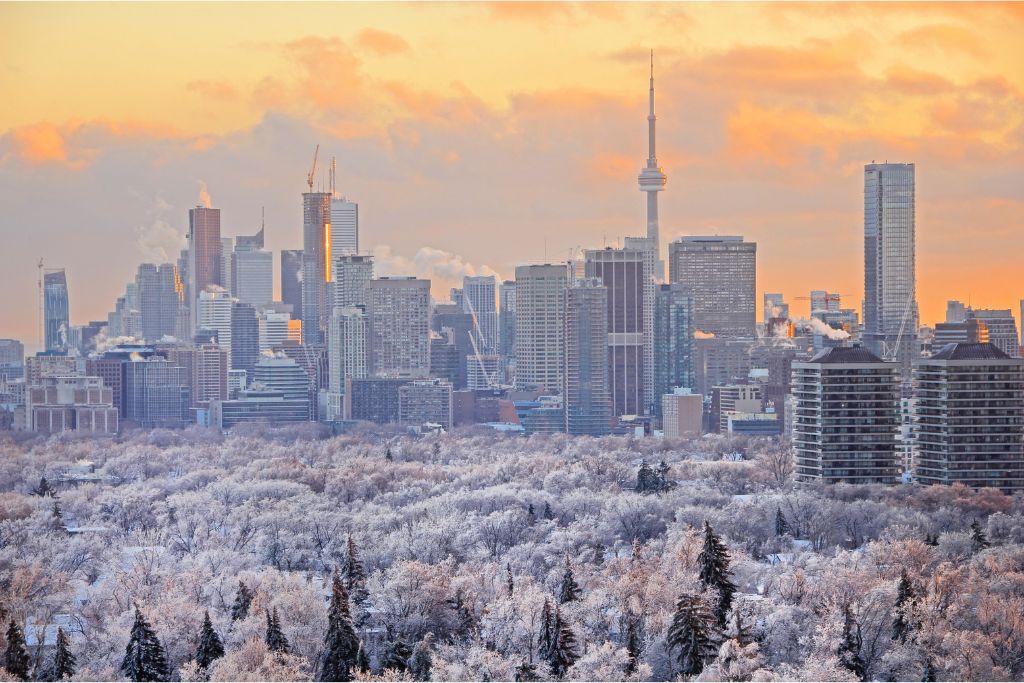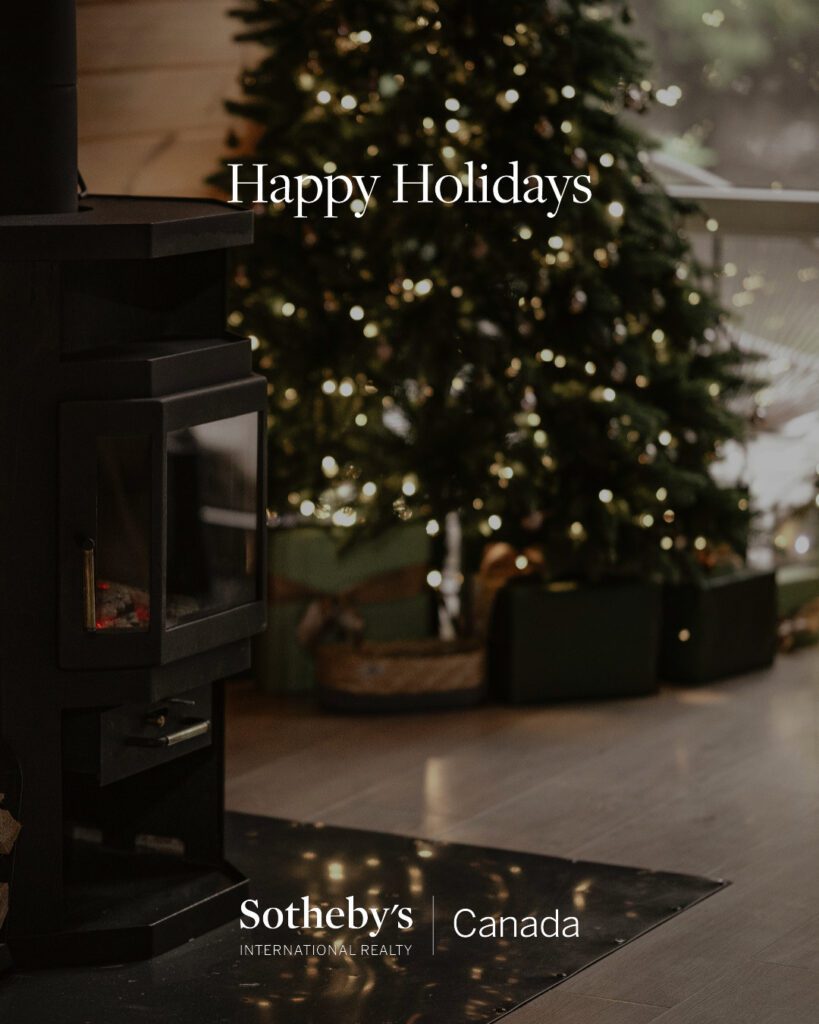
How Much Radon Gas is in Your Home?
It continues to surprise me that testing for radon, a radioactive gas that can cause lung cancer, is not part of regular home inspections. Although the gas is found in most homes, I suspect it’s not a common concern because only about 7% of Canadian homes have radon levels above the safety threshold.
However, Health Canada says the gas is the second leading cause of lung cancer in the country, behind only smoking. Personally, I feel like this is a serious issue that should be talked about more in the real estate industry.
WHAT EXACTLY IS RADON?
Radon is a gas produced when uranium, which occurs naturally in soil and rock, breaks down over time. It’s unfortunately invisible, odourless, and tasteless. Although it’s harmless to you at low levels, when trapped in your home, it can accumulate to high levels. This is when it becomes dangerous to your health.
HOW DOES RADON GET INTO MY HOME?
The short answer is: from the foundation of your house. Excuse the science lesson here, but the main mechanism at work here is the contrasting air pressure from inside your house versus the air pressure in your foundation. Because of this difference, radon from the soil sneaks into your house through cracks, drains, or any other small spaces. As you might expect, more radon accumulates in the winter when all of our doors and windows are shut tight.
HOW CAN I TEST FOR RADON IN MY HOME?
Since there’s more radon trapped in the house, the colder months of Winter is actually the best time for you to test for it. There are do-it-yourself kits you can buy to test the radon levels from your basement.
Alternatively, you can hire a professional to do the test for you. This is not a bad choice because radon tests can get quite technical, like figuring out the best placement for the detector, checking the humidity, determining the length of the test and other requirements.
If you do decide on hiring people, make sure they are certified by the National Environmental Health Association (NEHA) or the National Radon Safety Board (NRSB).


